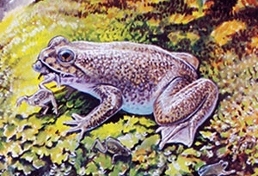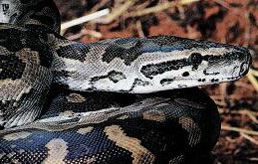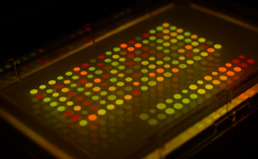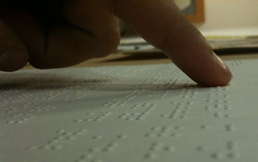Computer Programming Game
A fun video game teaches college-level computer programming skills to 10-year-olds.


A fun video game teaches college-level computer programming skills to 10-year-olds.
Newborn babies have a preference for their mother's language over foreign languages.

Chinese children's reading development has gone downhill since electronic communication technologies became common.

ALL ABOUT LANGUAGE - Neuroscientists are beginning to reconstruct what we've heard by listening to brainwaves, how scientists measure language delays around the world, using technology to keep endangered languages vibrant, and a musical instrument that allows you to sing...with your hands, Also: decoding the secret language of worms.
Surgeons, like athletes, may benefit from learning to use their eyes like experts.

ANIMALS & HEALTH - Why one insect's mating habits could lead to its downfall, why predators are literally scaring dragonflies to death, and pythons reveal the benefits of having a big heart. Also: why animals swimming in the ocean may be affecting the global climate.
Contrary to expectations, some teenagers' IQ scores changed significantly over a four-year period.

THE SCIENCE OF LIGHT & VISION - A pacemaker that restarts the heart with light, and a secret code made from fluorescent bacteria. And, could a lack of outdoor activity be making kids more nearsighted? Also: new research suggests that IQ might not be as stable as once thought.
EEG brain scans may someday allow doctors to identify – and treat – babies at risk for autism.

The surprising way the brain processes Braille, bilingualism staves off dementia, and new research on stuttering. Also: why being lonely could change how your immune system works, and the relationship between popularity and bullying.
A new study reflects an alarming lack of science literacy among U.S. college students.
Exposing students to the letter "F" before taking a test makes them more likely to fail it.
The world's strongest insect, why showering could pollute, tests that fail the grade and sampling the early solar system.
An innovative exhibition helps children learn the concepts behind biological evolution.
Scientists and artists collaborate to bring science out of the lab and into the theater.
